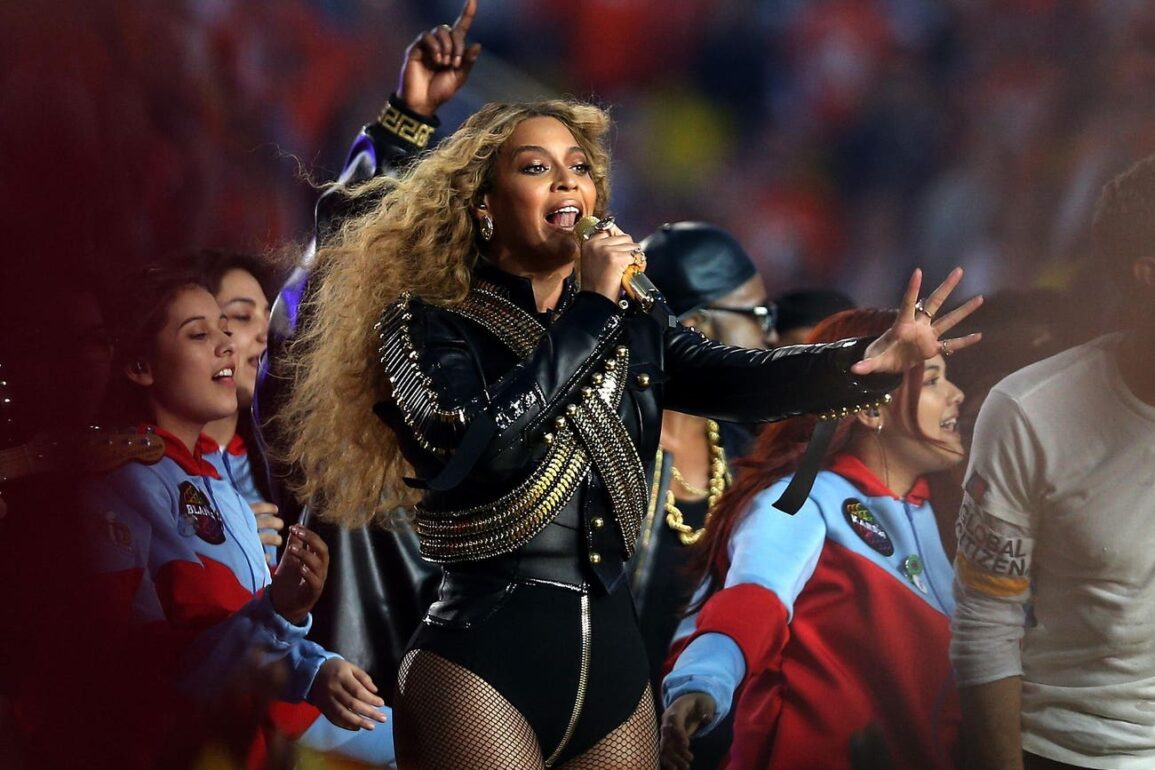
In every generation of music, certain artists hold sway and fundamentally shift the needle of how listeners engage with and appreciate the art. In the 80s and 90s, Michael Jackson was that artist.
In this era, that artist is Beyoncé.
According to The Recording Industry Association of America, the “YA YA” singer now has 103 certifications, the most of any female artist. Earlier this year, she received 11 nominations for her album Cowboy Carter at the 2025 Grammys, including Album of the Year, Best Country Album and Record of the Year for “Texas Hold ‘Em,” making her the most nominated artist in history, with 99 nominations in total.
In the late 20th century, Jackson was at the peak of his career and had gained the undisputed title of King of Pop, representing his dominance in music, dance and holistic credibility as a well-rounded performer. Beyoncé occupies a similar position in the streaming era, leading a new generation of creative excellence and cultural relevance. But why, exactly, is Beyoncé often likened to Jackson? Beyond their immense popularity, this comparison analyzes their artistry, innovation and the profound impact both have had on culture.
Besides their obvious commercial success, their career trajectories have been engineered for longevity, challenging societal norms and elevating the cultural conversation with each record release.
Career Longevity and Consistency
While Beyoncé’s artistic DNA has undoubtedly drawn inspiration from Jackson’s blueprint, there have been clear divergences in how each has wielded their influence and steered the evolving cultural zeitgeist. Jackson’s career was defined by mass appeal designed to cross borders and demographics while often smoothing over racial and social nuances in favor of universal humanitarian activism. Beyoncé, by contrast, especially with the release of her sixth studio album, Lemonade, has leaned into specificity—tapping into her identity as a Black woman and using her art to highlight issues of race, gender and power in ways that are unapologetically bold. Jackson rose to prominence during a time when mainstream success often required Black artists to downplay their racial identity to achieve crossover appeal. For Beyoncé, gaining mainstream appeal in an era of heightened social awareness and digital interconnectedness allowed her to build on the foundation laid by Jackson.
Both artists’ careers have been defined not only by their longevity but also by their evolution—artistically and culturally. Jackson’s legacy includes groundbreaking music videos, high-concept albums and performances that became global events and caught the world’s attention. Beyoncé has taken a similar approach with high-resolution tours, industry-changing visual albums and never-before-done music releases. She has expanded on Jackson’s legacy by creating entire ecosystems of art that synthesizes music, fashion, film and activism, creating a blueprint for how modern artists can use their platforms to create far-reaching impact. Her Coachella 2018 performance, dubbed “Beychella,” was a watershed moment, celebrating Black culture with unparalleled production value, choreography and vocal delivery.
Far-reaching Global Impact
Like Jackson, Beyoncé’s impact cannot be measured by commercial success and artistic delivery alone. Her work has defied the traditional metrics of album sales and certifications by modifying how art interacts with identity and community. While Jackson’s Thriller broke records and set standards for pop music’s global reach, Beyoncé has used her platform to create a dialogue that centers on empowerment, particularly for women and the Black community. Over time, her achievements have become intertwined with her role as a cultural torchbearer who can cross over genres. Her latest album, Cowboy Carter, earned Platinum certification and its single “Texas Hold ‘Em” achieved two-time Platinum status, which set a new bar.
Beyonce presents the humanitarian award to Michael Jackson at the 2003 Radio Music Awards.
What aligns the “Halo” singer most with Jackson is their shared experience of breaking into spaces historically resistant to Black artists, often facing backlash while reshaping those industries. Beyoncé’s 2024 album, Cowboy Carter, marked her foray into country music—a genre deep-rooted in her Texan heritage. Despite its commercial success and critical acclaim, the album faced criticism for not being “authentically country,” which reflected the challenges Black artists encounter when crossing into traditionally white-dominated genres. Notably, Cowboy Carter was overlooked in the 2024 Country Music Association Awards nominations, which triggered conversations about inclusivity within the country music industry, but also expanded visibility for Black Country artists.
Similarly, Jackson’s rise during the Thriller era broke racial barriers on MTV, a platform that had largely excluded Black artists in its early years. When MTV launched in 1981, its programming predominantly featured white rock artists, often sidelining Black musicians in favor of its genre focus. Jackson’s “Billie Jean,” however, was a cultural and commercial juggernaut that executives couldn’t ignore. After CBS Records’ president Walter Yetnikoff pressured MTV to air the video, it opened doors for Black artists to receive mainstream visibility.
Boundary-Breaking Visual Storytelling
Jackson is widely credited with transforming the music video into an art form and videos like Thriller, Bad and Black or White became cinematic masterpieces that challenged the boundaries of what music videos could be. Beyoncé has similarly pushed the limits of visual storytelling. Her 2016 visual album, Lemonade combined music, poetry and striking imagery to tell a very personal yet universally resonant story of love, betrayal, resilience and Black identity.
One of the hallmarks of Jackson’s career was his ability to innovate sonically. From the disco-infused beats of Off the Wall to the genre-defying sound of Thriller, Jackson consistently pushed the envelope, drawing inspiration from pop, rock, R&B and funk into something entirely his own. His ability to evolve musically kept him at the forefront of the industry for decades.
Beyoncé mirrors this versatility. From her early days in Destiny’s Child, she has continuously evolved, experimenting with diverse genres and sounds. Her self-titled 2013 album marked a turning point, blending elements of pop, hip-hop, R&B and electronic music into a cohesive and groundbreaking project. Renaissance, her 2022 album, further showcased her ability to draw inspiration from house and disco while honoring the queer Black pioneers of those genres.
Jackson and Beyoncé have mastered the art of reinvention, keeping their work fresh while staying true to their roots. Their music is as much about innovation as it is about honoring their influences, ensuring their legacies remain timeless. The comparison shows the cost of being a cultural icon. Both Jackson and Beyoncé have stayed ahead of their industry’s trends, securing themselves as cultural institutions, while staying true to their artistic visions.
This post was originally published on this site be sure to check out more of their content








